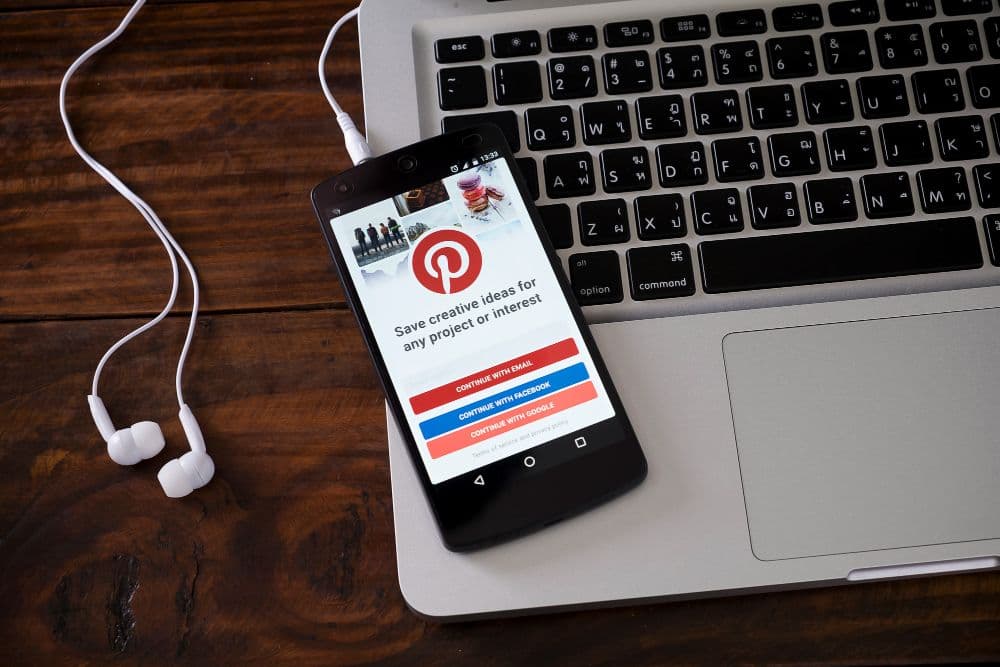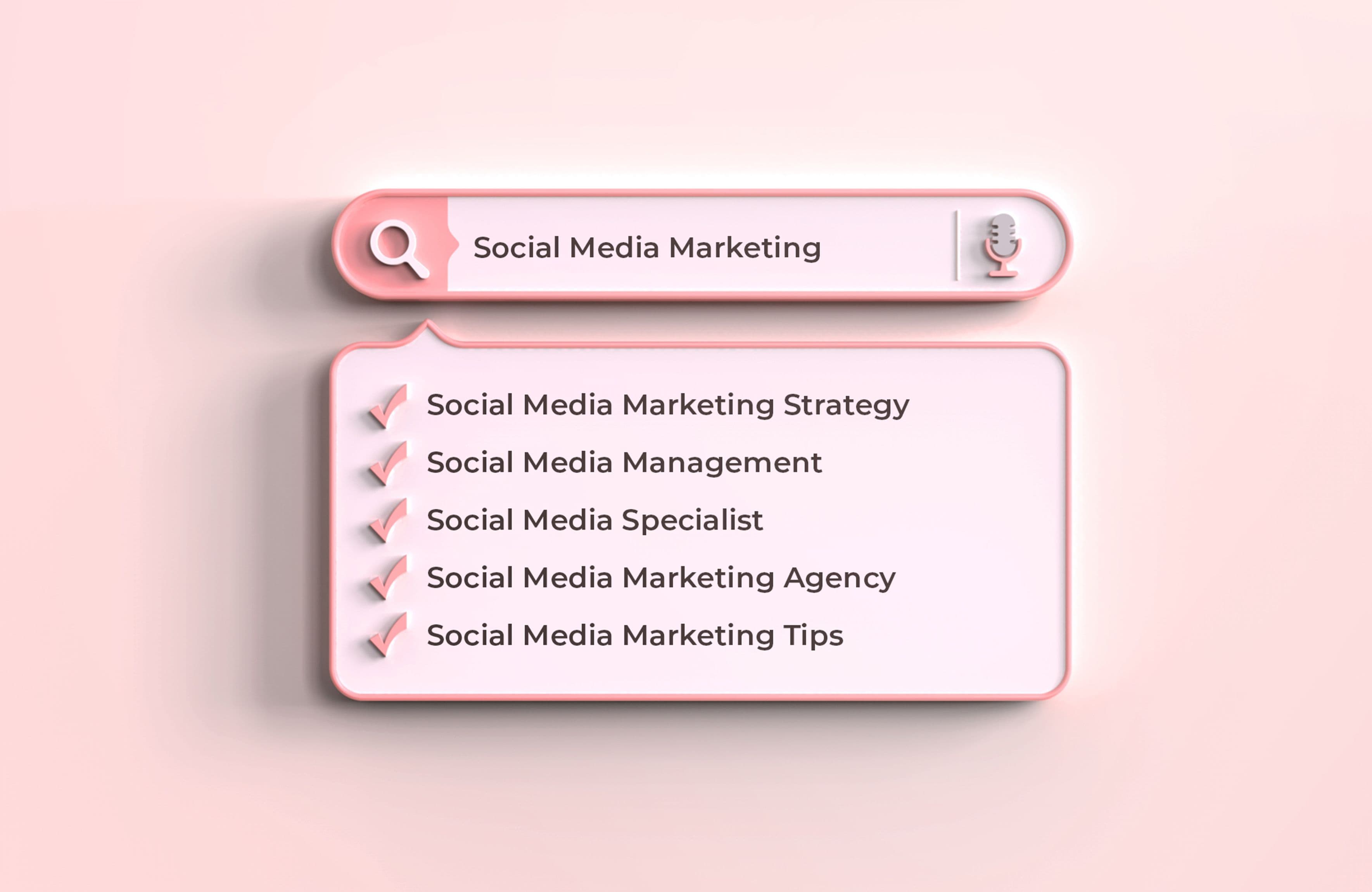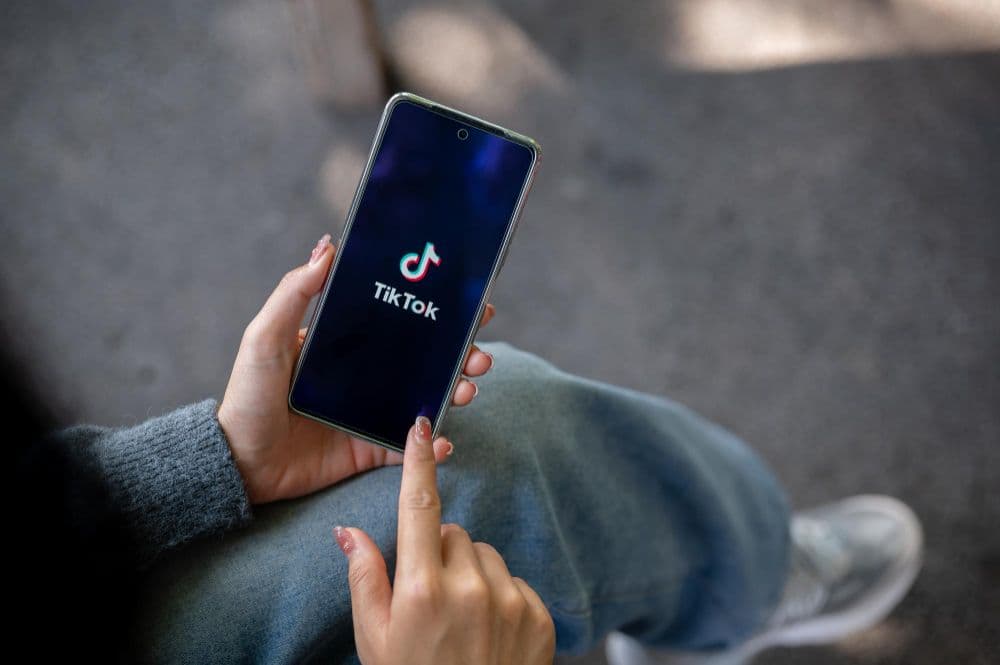

Unlock the power of keywords in social media! Learn how to find, use, and rank your posts better across platforms like Instagram, Twitter, YouTube, and Pinterest with the right social media keywords.
If social media feels like one giant noisy party, then keywords in social media are your way of finding the right conversations to jump into. Without them, you’re basically shouting into the void (and hoping someone happens to hear you over the DJ).
But here’s the thing: keywords aren’t just for Google searches anymore. They’ve quietly become the backbone of social media marketing. Whether you’re trying to grow your reach on Instagram, get found on LinkedIn, or make your TikToks land on the “For You” page, the right social media keywords can help you show up in front of the right people.
So, let’s break down what they actually are, how to find them, and—most importantly—how to use them without sounding like a robot repeating the same word 14 times.

In simple terms, keywords are the specific words and phrases people type into a search bar—on Google, YouTube, X(Twitter), TikTok, you name it. When we talk about keywords in social media, we mean the terms your audience uses while searching or scrolling.
For example:
All of those are social media marketing keywords. They tell you what people are interested in, and when you sprinkle them naturally into your posts, your content has a better chance of being discovered.
Think of it like this: keywords are the road signs, and your content is the restaurant at the end of the exit. Without signs, people just keep driving.
Here’s where it gets real. Imagine you run a coffee shop. You post “Best caramel latte in town” on Instagram. Someone nearby searches “caramel latte near me.” Boom—you show up.
That’s the power of using keywords in social media posts. They:
And in 2026, social platforms are leaning even harder into search. TikTok literally acts as Gen Z’s Google. Instagram is expanding keyword-based search beyond hashtags. Even LinkedIn has started rewarding content with relevant keyword optimization.
If you’re not paying attention to your content & social media marketing keywords, you’re leaving reach—and likely business—on the table.

If you’ve got a business or personal brand, branded keywords and content are the words people use specifically to find you. Your brand name, product names, even nicknames people give your services—all of these count.
Here’s how I use branded keywords in real life:
And it’s not just for tracking—create content around branded keywords. For example, if you run a small fitness coaching business, posts like “How FitTrack helped me stay motivated all week” or “Top 3 FitTrack features for beginners” immediately boost your brand awareness and get picked up in searches.
Okay, so how do you actually figure out which words matter? Here’s a straightforward playbook I’ve used for clients and campaigns:
This is basically keyword research for social media—and it’s not about stuffing, it’s about being smart.

Different platforms have different rules, so your approach to keyword research for social media should adapt. Here’s a playbook I’ve found works across the board:
Facebook doesn’t exactly let you “target” keywords in posts like Google does, but it does reward content that aligns with your audience’s interests.

On X, keywords and hashtags work hand in hand.
Instagram is basically a visual keyword engine — but instead of keywords, you’ve got hashtags.
YouTube is often called the second-largest search engine for a reason.
Pinterest is all about visual discovery, and keywords guide that process.

TikTok keywords show up everywhere — from captions to comments.
If you want to dig deeper into what’s driving visibility right now, explore the latest TikTok trends, learn how to find trending audio on TikTok, and get a clearer picture of how the TikTok algorithm actually works behind the scenes.
LinkedIn keywords are less about virality and more about authority.
Here’s where most people mess up. They find a keyword and then paste it everywhere like confetti at a wedding. Don’t do that. Instead:
Think of it like seasoning food: too little and it’s bland, too much and you ruin the dish. The right amount makes it delicious.

I once worked with a small fitness coach who was struggling to get traction on Instagram. They kept posting generic captions like “Monday motivation 💪.” Cute, but not searchable.
We switched their strategy to focus on keywords in social media. Instead of “Monday motivation,” we used captions like: “Here’s a 20-min home workout for beginners—no equipment needed.”
Guess what? People searching “home workout for beginners” started finding them. Engagement doubled in a month, and they even booked new clients directly from Instagram DMs.
That’s the magic of using keywords in social media posts correctly.
Here’s the big takeaway: keywords are no longer just about SEO—they’re about visibility across every platform. If you want your brand to stand out in 2026, your social media strategy needs to treat keywords as seriously as hashtags, visuals, or timing.
So the next time you’re planning your posts, think less about “What do I want to say?” and more about “What are people actually searching for?”
Because when you get the keywords right, social media stops being a guessing game—and starts being a growth engine.

Whether you call them social media keywords, content & social media marketing keywords, or just “the magic words that help me get noticed,” they’re non-negotiable in today’s digital landscape.
Use them wisely, make them sound natural, and always remember: the goal isn’t to trick the algorithm—it’s to connect with real people who are already looking for what you’ve got.
Keywords in social media are the words and phrases people use to find content, products, or services on platforms like Instagram, Twitter, or LinkedIn. Using the right social media marketing keywords ensures your posts are discoverable and reach the audience who actually cares. Think of them as your GPS to your audience’s attention.
To find the right keywords in social media posts, start by researching your audience: what terms are they using? Use platform search bars, explore trending hashtags, and leverage analytics tools. You can also use keyword research for social media to spot phrases with high engagement potential.
Absolutely! Branded keywords—like your business or product names—help people find your brand directly. They’re essential for reputation monitoring and increasing visibility. Combine them with other social media keywords in captions, hashtags, and bio sections to amplify your reach.
Every platform has its quirks:
Keywords are the backbone of discoverability. Without keywords in social media, your content risks being invisible. Using content & social media marketing keywords strategically increases engagement, builds a loyal audience, and helps your posts rank better—without paying for ads.

Yes, you can schedule posts on TikTok—but only through desktop or approved third-party tools. This guide explains how TikTok scheduling works in 2026, when to use it, and how to stay consistent without hurting reach.


